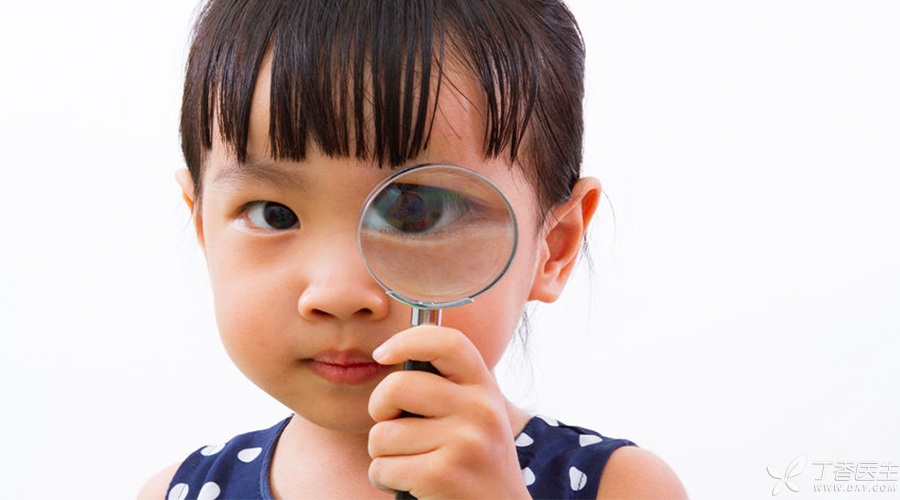
Recently, CCTV’s program exposed the news that several kinds of sea-panning milk powder were not up to standard, causing a lot of panic among mothers.
In order to find out what she said, Clove’s mother quickly found the program and watched it carefully.
The CCTV Finance and Economics < < Consumer Proposition > > column, in conjunction with the China Dairy Association and the China State Farms Dairy Alliance, has conducted tests on 9 types of milk powder for half a year, including 3 types of domestic milk powder and 6 types of popular sea-washed milk powder.
The final test results showed that Mead Johnson and Abbott in the United States, Meiji and Solid Fruit in Japan had indexes that did not meet the domestic standards.
It turns out that [66% of the unqualified rate] is only for 9 types of sea-panning milk powder, and 4 types are unqualified.
However, [unqualified] is not [safety problems], but rather that the addition of nutritional elements to these sea-panning milk powder does not conform to China’s national standards.
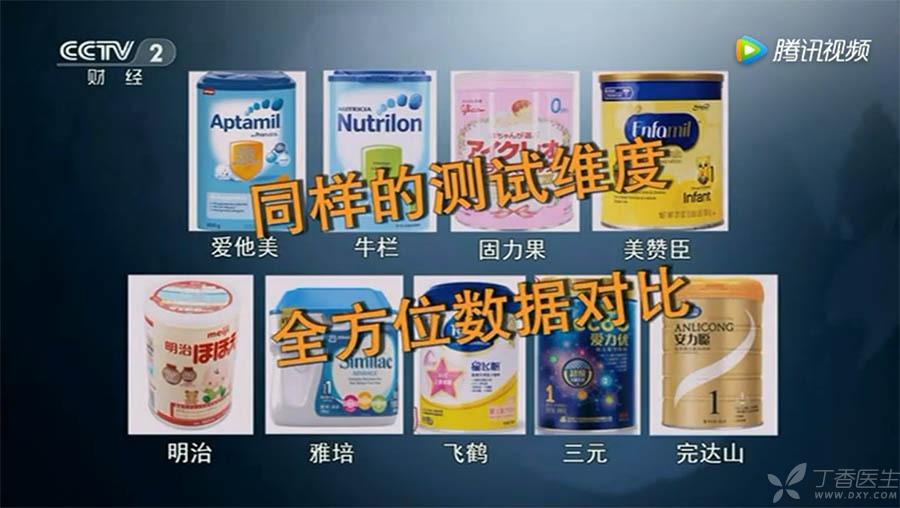
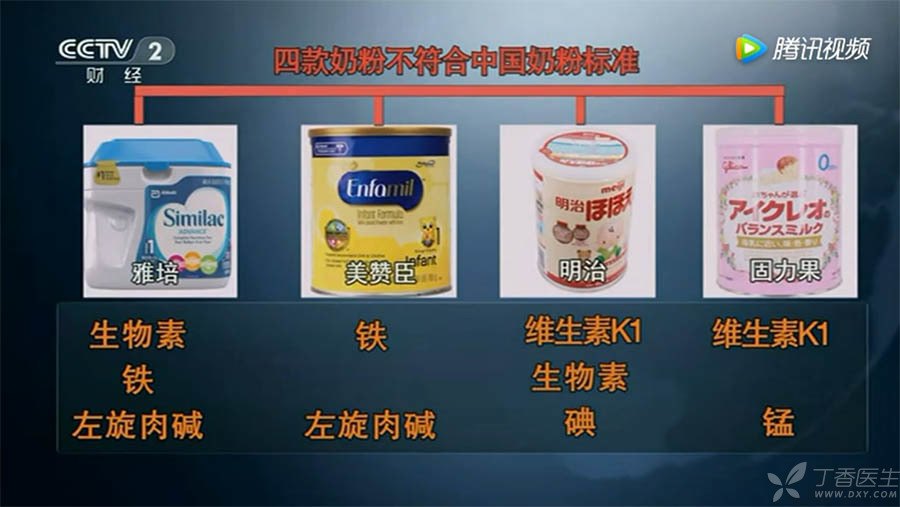
Do you think it was a false alarm?
Wait! The program also said this!
Lack of iodine content will lag Chile and cause dementia!
Excessive iron will cause gastrointestinal bleeding!
Lack of vitamin K1 will cause coagulation dysfunction!
Long-term consumption is harmful to baby’s health!
… …
Is it really so harmful that the nutritional elements of milk powder do not meet the standards?
Dr. Clove specially consulted Dr. Yun Wuxin to help parents interpret this frightening news content.
U.S. Milk Powder Test Results: Iron Content Exceeds Standard, L-Carnitine Substandard
1. Excessive iron will cause gastrointestinal bleeding? Too exaggerated!
Program experts said that if the iron element exceeds the standard, it may cause nausea and retching in the baby, and if it is more serious, it may cause gastrointestinal hemorrhage in the baby.
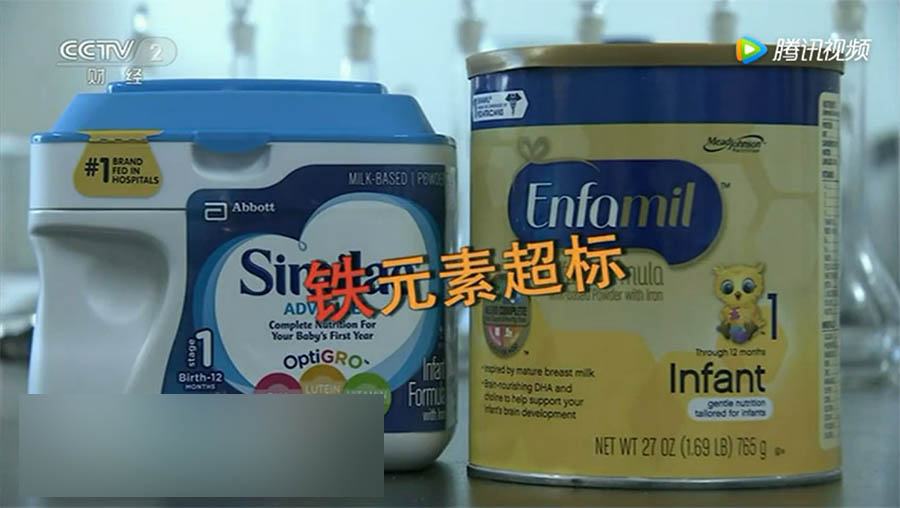
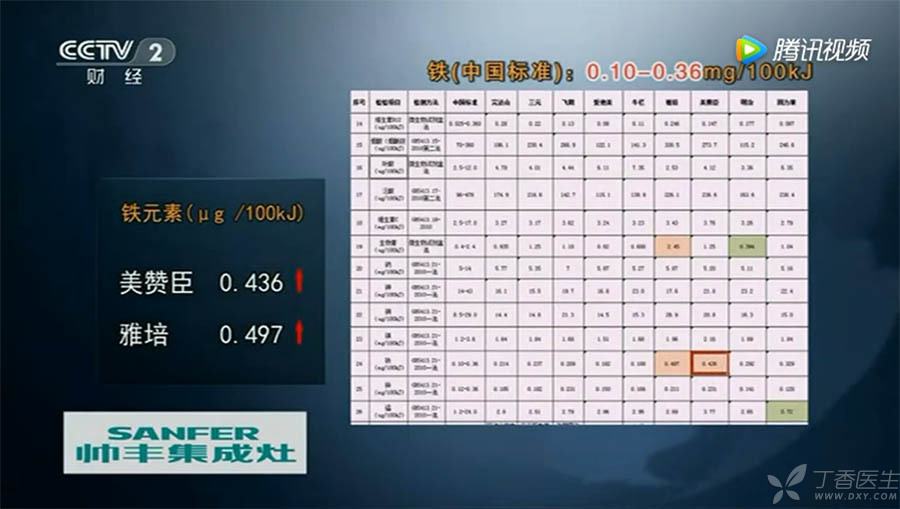
Iron is very important for infants, but experts in the program said that the harm of iron exceeding the standard is theoretically correct, but there is no conclusion on the issue of [how much is exceeding the standard].
The Chinese standard sets a ceiling of 0.36 mg/100kjoules (1.51 mg/100kcal). The U.S. Also sets a ceiling, which is broader than China’s, at 3.0 mg/100kcal. The two products detected this time with iron content exceeding the Chinese standard did not exceed the U.S. Standard.
CODEX (International Codex Alimentarius Commission) has not set a ceiling on the intake of iron content in infants, saying that [the ceiling may need to be decided by each country itself].
2. Does L-carnitine deficiency affect metabolism? In fact, there is no need!
Program experts said that L-carnitine is a substance in the process of fat metabolism. For infants, the metabolic function is not as perfect as that of adults, so adding some L-carnitine to babies can help metabolism.
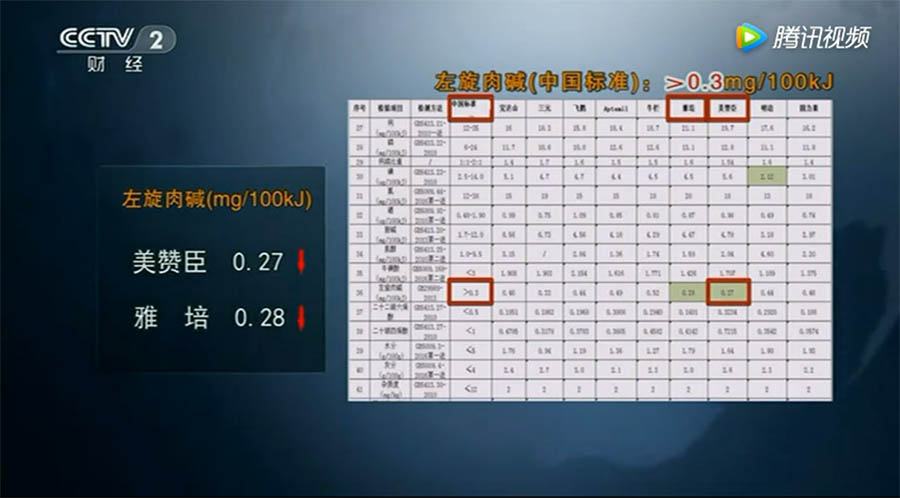
This item is not even meaningful to discuss.
L-carnitine is not an essential ingredient in infant milk powder at all. China’s national standard is a [optional] ingredient. Whether milk powder is qualified depends on whether they have claimed to have added L-carnitine. If so, then it really needs to meet the content standard, otherwise it is [unqualified].
3. Iodine deficiency can cause dementia? Not necessarily!
Program experts said that in the case of severe iodine deficiency, intelligence, including physical development, is easy to occur. For infants, it may cause dementia.
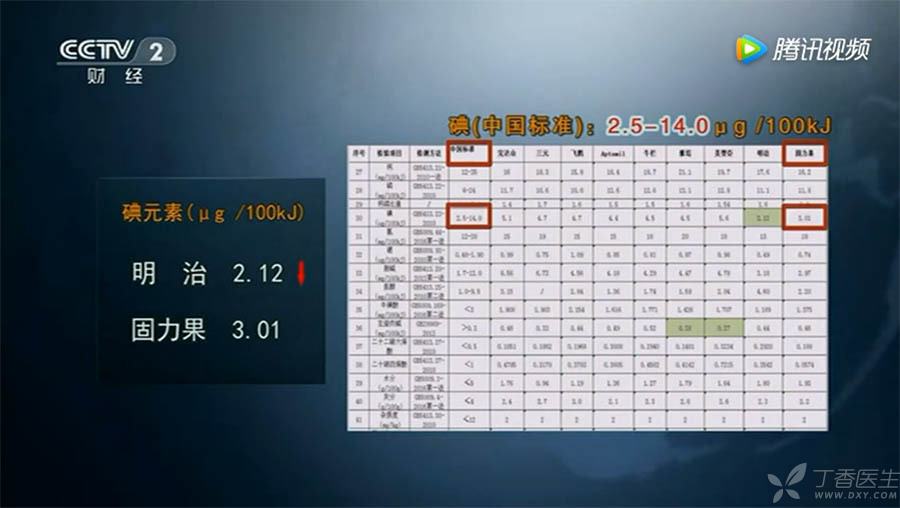
Iodine is very important to the development of infants, but how much iodine infants need and how much iodine they can provide through water and milk powder can only be roughly estimated.
Iodine deficiency is common in Japan’s formula milk, because Japan is an island country. Whether it is breast milk or food, the intake of iodine is higher than that of inland residents. Therefore, Japanese babies do not need formula milk with more iodine.
This needs to be divided into inland or coastal cities. Considering the important consequences of iodine deficiency, Japanese milk powder without iodine content requirements really needs to be treated with caution.
4. Vitamin K1, manganese and biotin do not meet the standards and affect development? It doesn’t make sense!
Program experts said that long-term consumption of milk powder with relatively low vitamin K1 content may lead to some dysfunction in coagulation.
Manganese deficiency will cause confusion in body metabolism and decline in resistance.
Biotin deficiency will affect infant development.
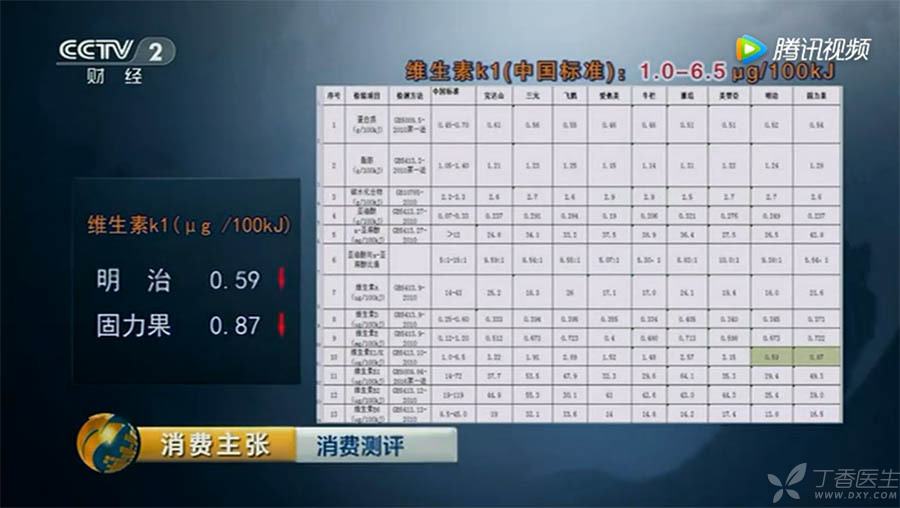
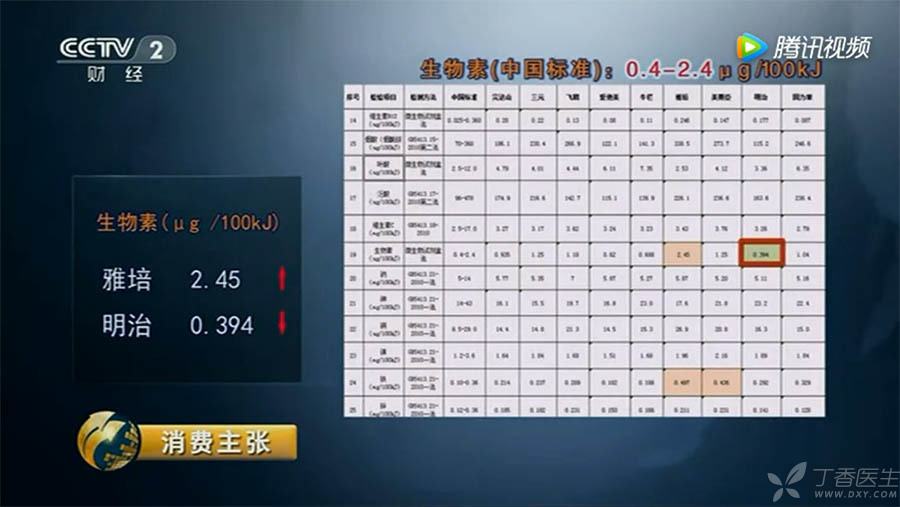
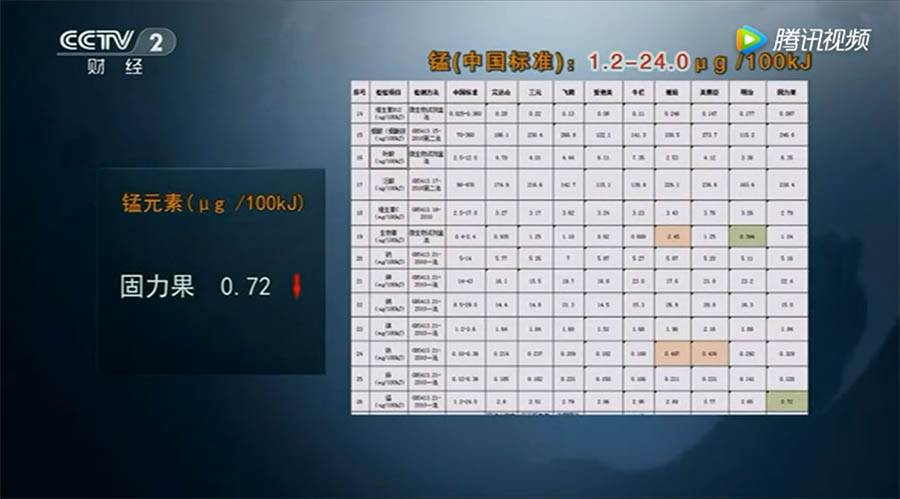
It is true that these nutrient elements have not reached the national standard, but is it too exaggerated to say that such and such energy [harm] will be caused because they do not meet the national standard?
Like iron, meeting Chinese standards can protect the health of infants, but it cannot be said that meeting other countries’ standards but not meeting Chinese standards is harmful.
It is normal that standards vary from country to country.
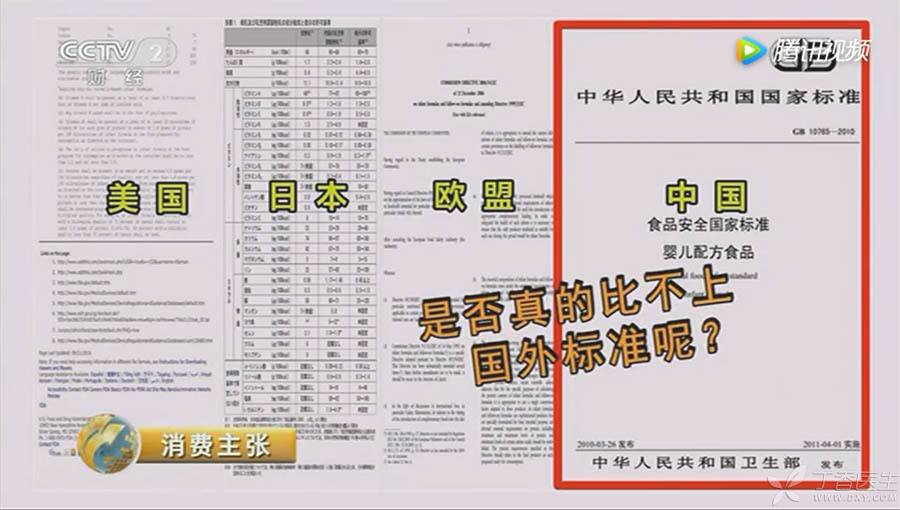
Because the milk powder standards in the producing countries are different from those in China, for some indicators whose standards in China are stricter than those in the producing countries, there may be [conforming to the standards in the producing countries, but not conforming to the standards in China].
Internationally, CODEX (Codex Alimentarius Commission) has drawn up a guide to infants’ nutritional needs, but this guide is not a regulation, and this guide does not recommend different standards according to different races.
Therefore, different countries often set their own standards based on this guide and referring to some specific conditions of their respective countries, and adjust the numerical range of certain indicators to better meet the needs of their infants.
Countries will also use their own standards as law enforcement standards to regulate production.
If the standards of milk powder are different due to the place where it is produced, it will not necessarily lead to [poisoning] or serious diseases in what. At most, it is just not suitable enough.
Is it still necessary to find milk powder in the sea?
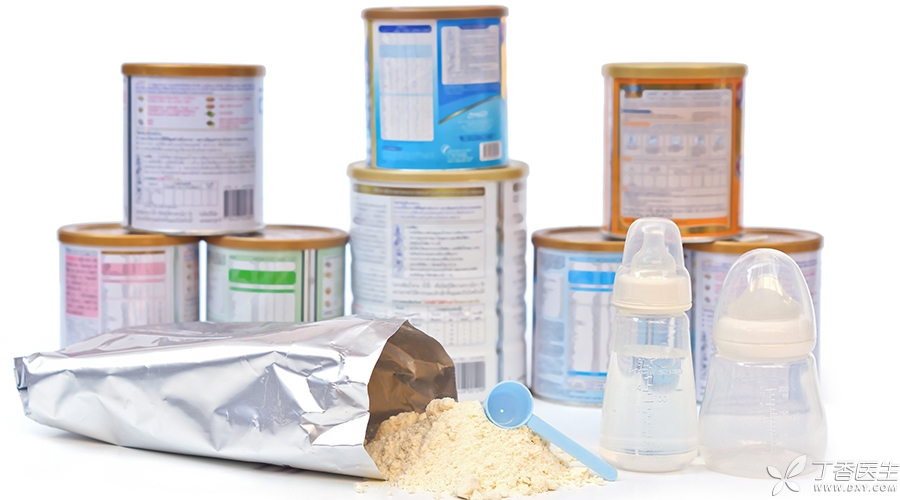
Yes, many mothers are willing to choose Haitao milk powder because they feel at ease and safe.
However, mothers are also reminded that sea-panning milk powder is not necessarily the best choice.
Although China’s milk powder is not necessarily the best, after some incidents, the state has also begun to strictly supervise and the standards are slowly approaching foreign milk powder (although many people still do not believe it); In addition, it is difficult to control the channels of sea-panning milk powder, and there are also some risks in hasty transportation, and it is difficult to supervise.
If parents are really more willing to buy imported milk powder, clove mother recommends products imported through regular channels, that is, the so-called [original imported milk powder] or [national milk powder], or the channels are really reliable, such as relatives and friends going abroad to help bring some.
In addition, neither what brand milk powder is as good as breast milk, which need not be questioned.
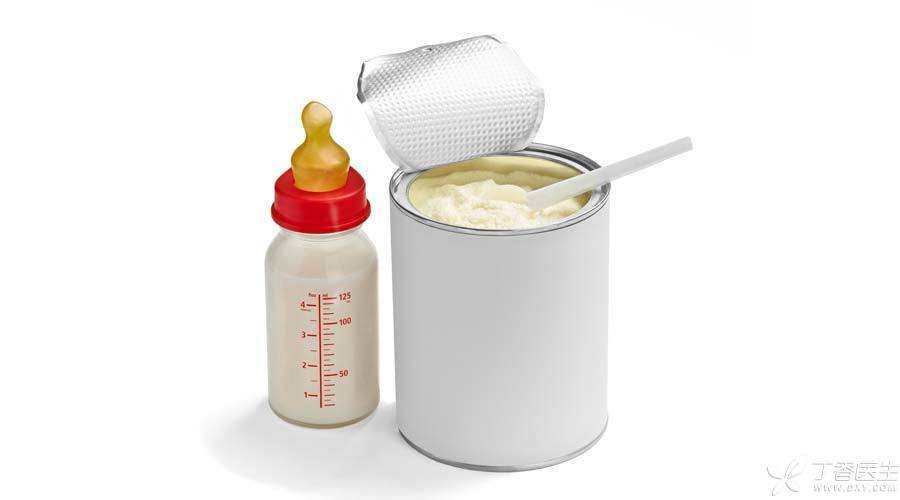
After watching the program, the mood was complicated.
If the original intention of the program is simply to compare the nutritional content of brand milk powder in various countries, or to discuss the standards of various countries, there is no problem.
However, if China’s national standard is used to judge or even demonize milk powder from other countries, it will inevitably be somewhat [not authentic].
In fact, this is not the first time CCTV has [criticized] Haitao milk powder.
Looking at the past few years, there have been a lot of negative news about sea-panning milk powder and imported milk powder, which come every one or two months.
China’s milk powder nutrition standard may be the strictest, or it may be more in line with the nutritional needs of Chinese babies.
But everyone’s concern is still safety. Are safety standards in place? Is the supervision strict? This is the most important thing.
There is an idiom called “too much is better than too much”. If you go to [black] milk powder from other countries in order to [hold] your own milk powder, it may cause the opposite effect.
